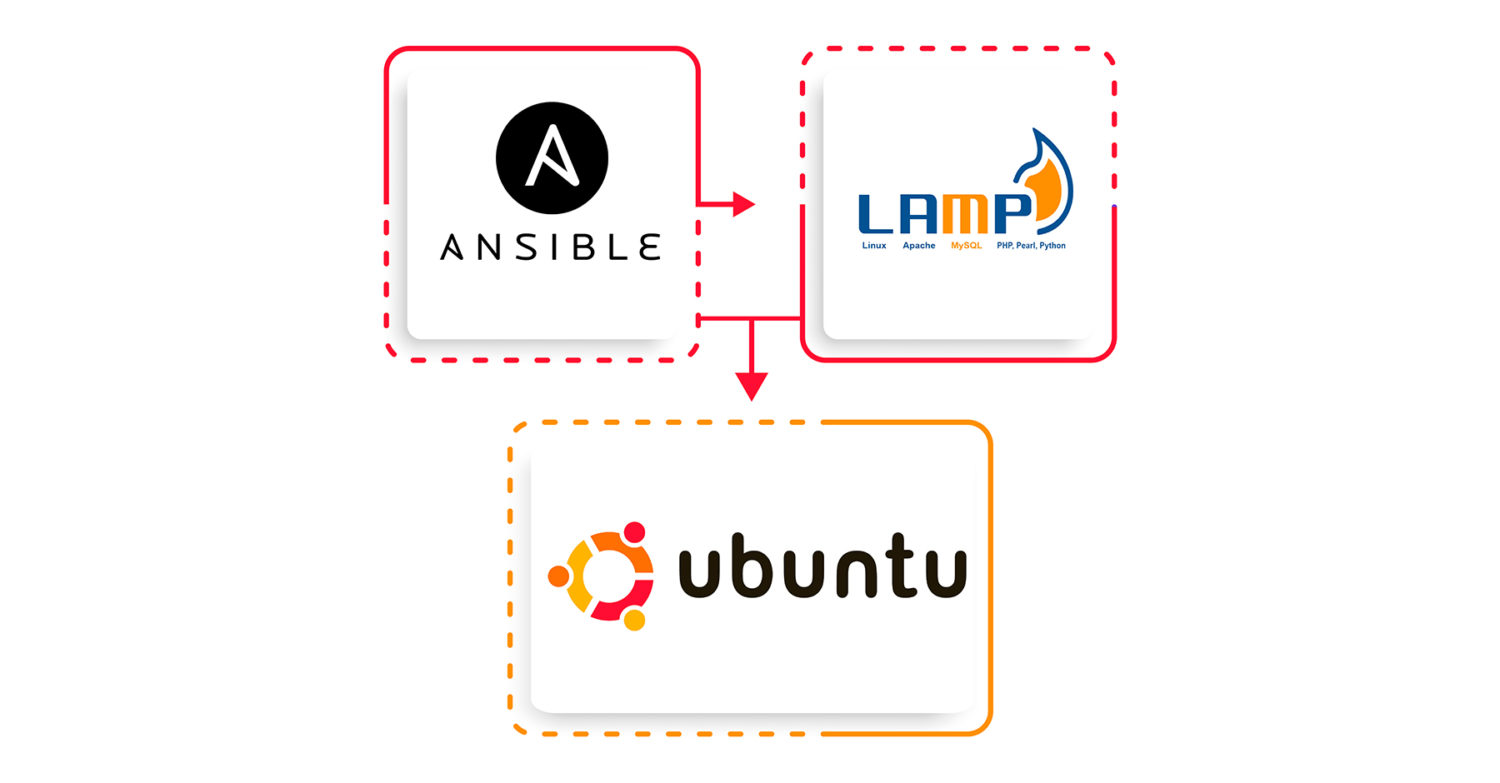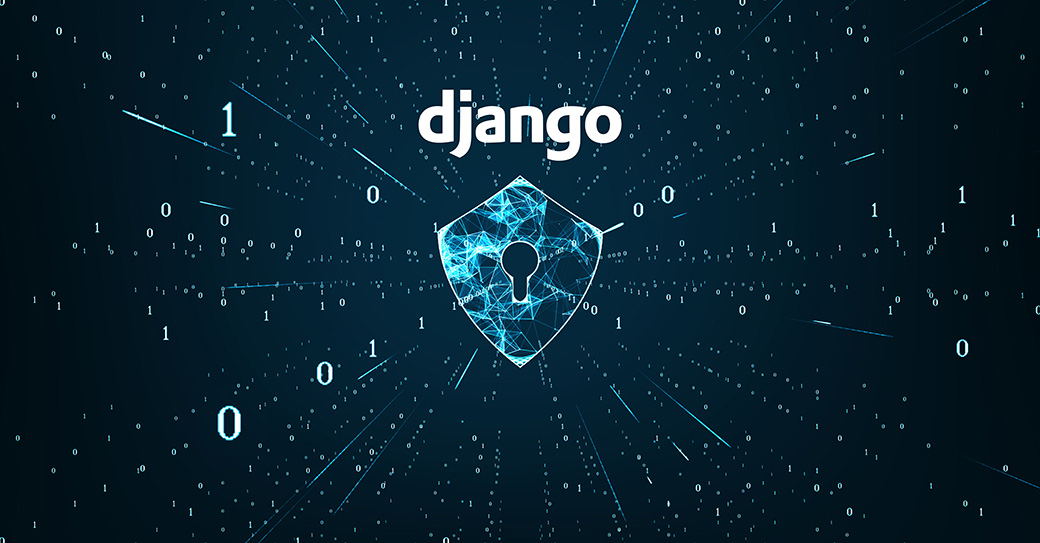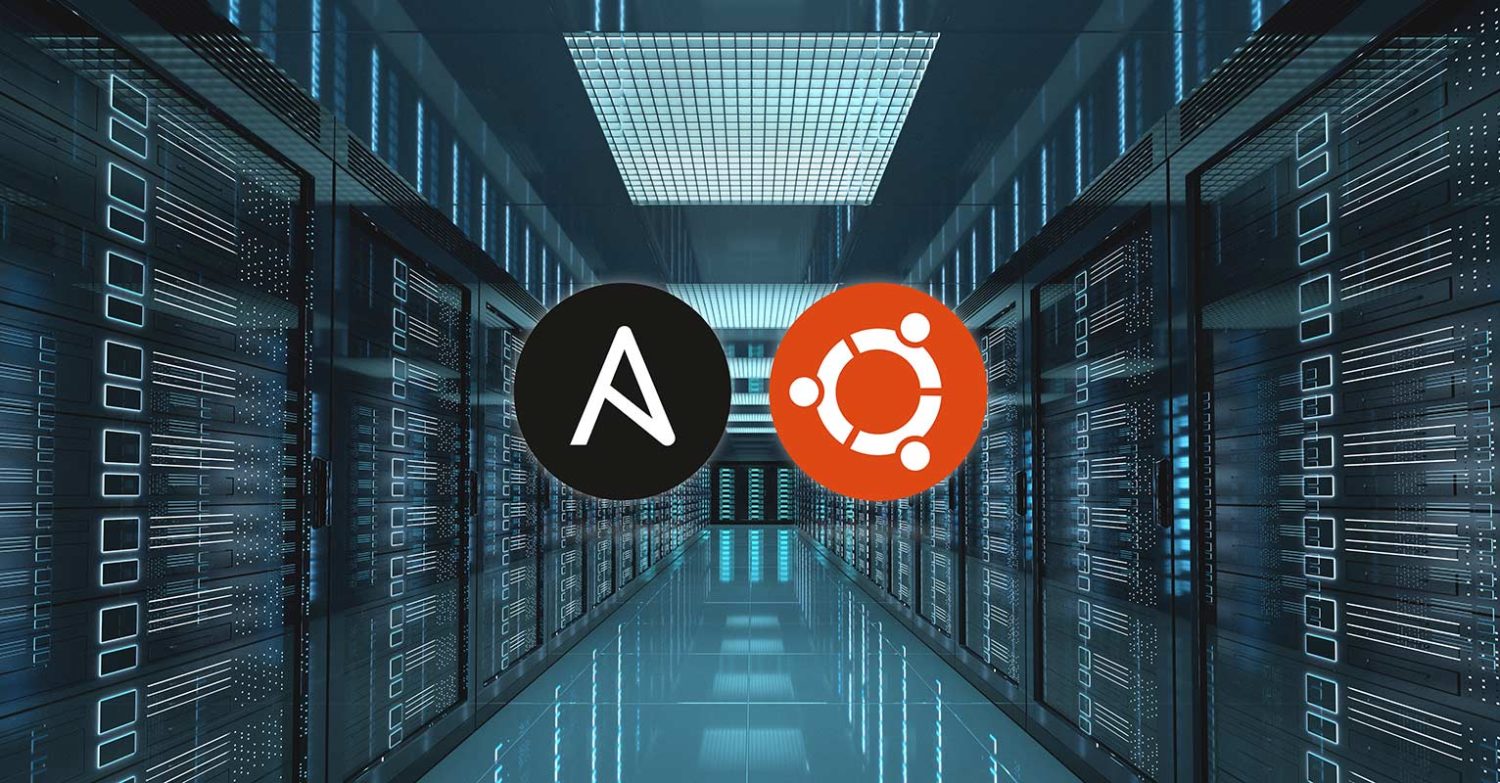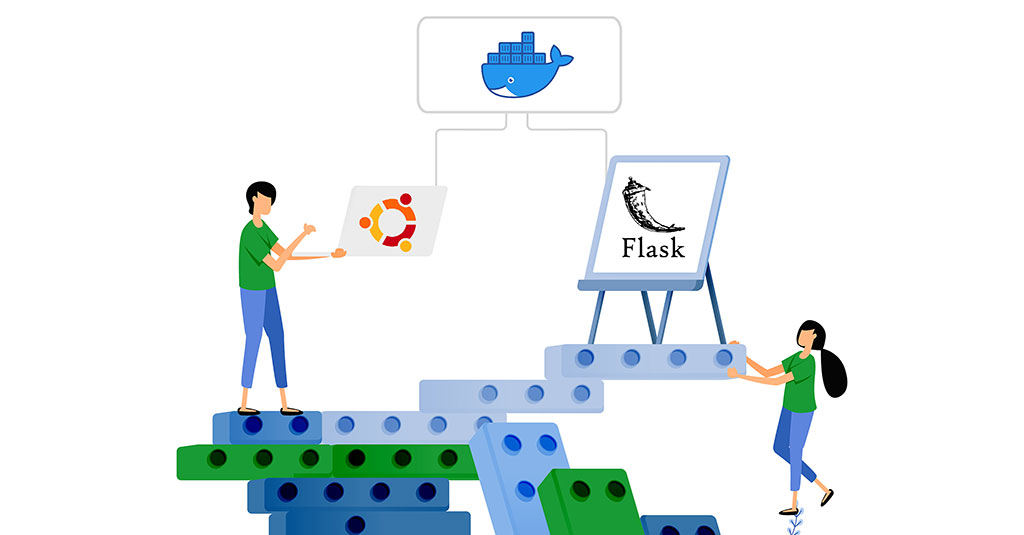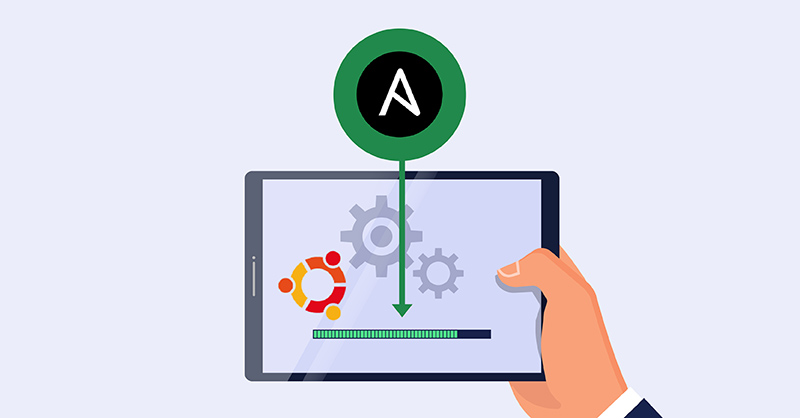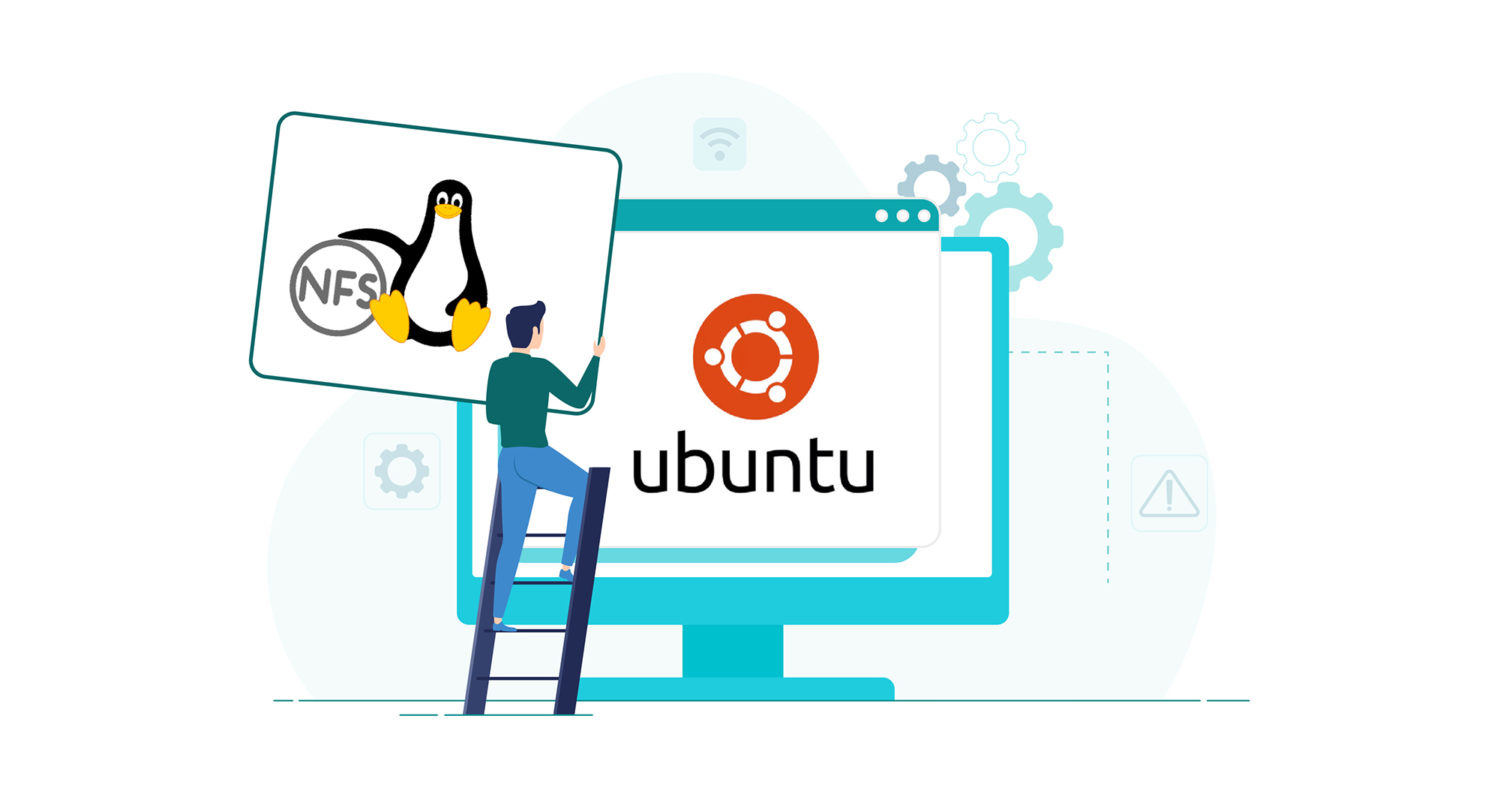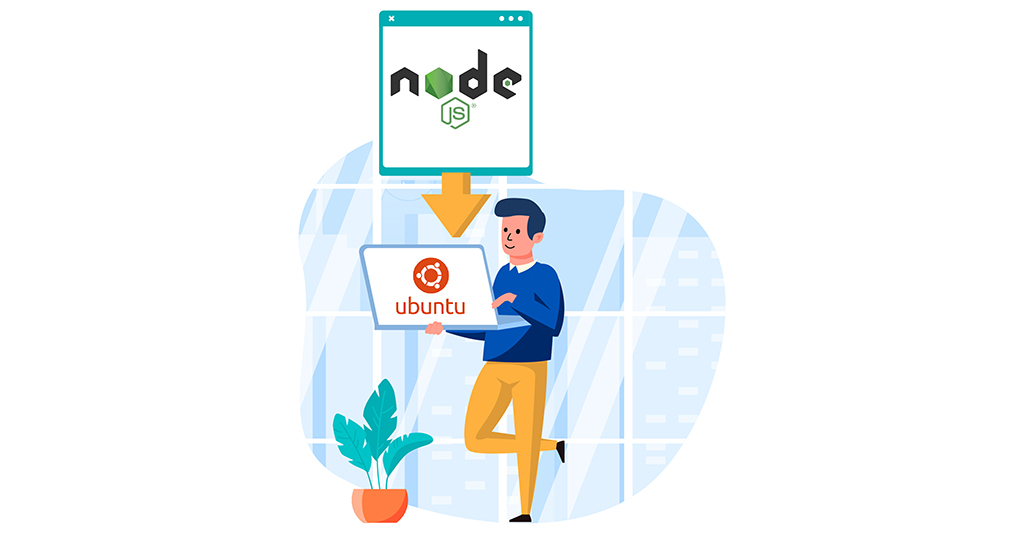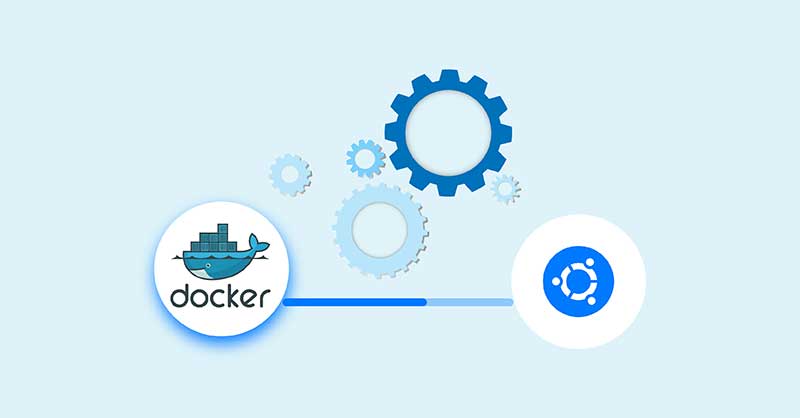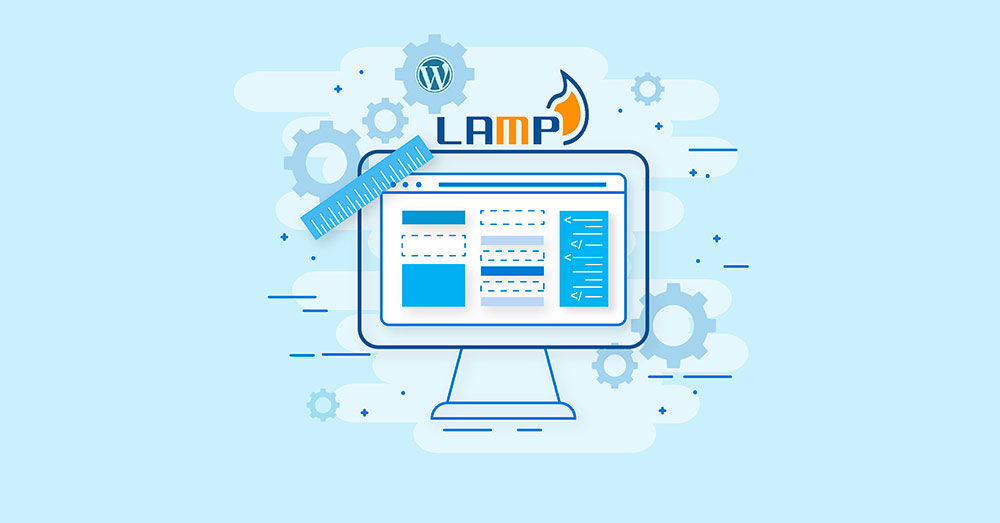Server automation is a secure and reliable process of managing and monitoring servers in an effective and tech-savvy way. Unlike the traditional style of managing servers at data centers controlled by a dedicated team of experts, all servers are managed using automation. As a result, human errors are minimized. Configuration management tools like Ansible, Puppet, Terraform, to name a few, …
How To Secure and Scale a Django Application with Docker, Nginx, and Let’s Encrypt
Millions of users get on the Internet to access information for various purposes including learning, entertainment, news, and sharing their lives’ progress with friends. Hence, when deploying an app, it’s in your best interest that you implement a highly secure and scalable infrastructure for your application. The cloud offers various ways to secure and scale a Django application. Horizontal scaling …
Configuring Basic HTTP Authentication with Nginx on Ubuntu 20.04
Nginx is a free, open-source web server used for load balancing, buffering, and caching. Since its inception in 2004, Nginx has gained popularity for scaling web servers and reverse proxying. Due to its high performance and excellent capabilities to handle a large volume of connections, it is used to manage and control incoming traffic. How Does HTTP Authentication Work? In …
Automating Server Setup using Ansible and Ubuntu 20.04
Introduction Nowadays, servers need to be created and destroyed very frequently. That’s because, at times, servers get a lot of execution load while at other times the load reduces, hence wasting the system resources. A common example is eCommerce websites during the holiday seasons attracting a lot of traffic. When the nature of the application is to be scalable, there …
Installing and Configuring Virtual Network Computing (VNC) on Ubuntu 20.04
Virtual Network Computing (VNC) is a screen-sharing system used to access graphical user interfaces remotely. It uses the remote frame buffer protocol allowing one server (user side) to connect with another side (client). VNC is safe, secure, and works on all operating systems. RealVNC, UltraVNC, Xfce, TightVNC, to name a few, are the most popular VNC clients used today. Among …
Build and Deploy a Flask Application with Docker on Ubuntu 20.04
Introduction Docker is an open-source container platform. It is a lightweight, virtualized, portable, software-defined standardized environment that allows the software to run in isolation from other software running on the physical host machine. Docker offers a lightweight alternative to virtual machines. At the same time, it provides portability, performance, agility, and scalability of applications. For a comprehensive guide about the …
Installing and Configuring Ansible on Ubuntu 20.04
If you are a system administrator, it’s important that you have a consistent way of managing all of the servers and computers you are using. Configuration management systems can streamline the process to a great degree. They manage all the systems efficiently from a central location. On Linux, there are multiple configuration management systems available. For example, Puppet, Chef, Ansible, …
Setting Up an NFS Mount on Ubuntu 20.04
The Network File System (NFS) is a distributed storage solution. It’s a file system protocol that allows mounting remote directories on the local server and uses it as if it was local storage. NFS allows multiple clients to share remote storage. It is well-suited for environments that regularly require shared resources. NFS is built on the ONC RPC (Open Network …
Setting up Node.js Applications: How to Perform Production Tasks on Ubuntu 20.04 with Node.js
Introduction Node.js is a programming environment that runs primarily on JavaScript. The open-source program allows you to build networking applications on platforms running Windows, Linux, macOS, and others. You can use Node.js applications in two main ways: as command line apps or as services. Using a Node.js app as a service means that it will restart on reboot. This makes …
How to Install and Configure Docker Compose on Ubuntu 20.04
Introduction Containerization has greatly picked up momentum in the software tech space over recent years. This can be attributed to Docker which is a container platform that simplifies the management of processes inside containers. Containers are lightweight, virtualized, portable, software-defined standardized environments that allow the software to run in isolation from other software running on the physical host machine. This …
Installing phpBB on Ubuntu 20.04
PhpBB stands for “PHP Bulletin Board.” It’s a free flat-forum bulletin board software solution. It’s licensed under the GPL license as free and open-source software. PhpBB can instantly establish a dedicated space for people to gather and communicate. It also supports popular database engines (MySQL, Oracle Database, SQLite, PostgreSQL, etc.), flat message structures, hierarchical sub-forums, user groups, full-text search, plugins, …
How to Install WordPress with LAMP on Ubuntu 20.04
Introduction WordPress is undoubtedly the most popular Content Management System. You can host about anything on WordPress- from simple portfolio websites, company landing pages, and blogs to full-fledged eCommerce websites. It guarantees flexibility, robustness, and security, which are key for the success of any website. Downloading and installing WordPress is straightforward. Then, once you have installed it on your server, …
- Page 1 of 2
- 1
- 2


